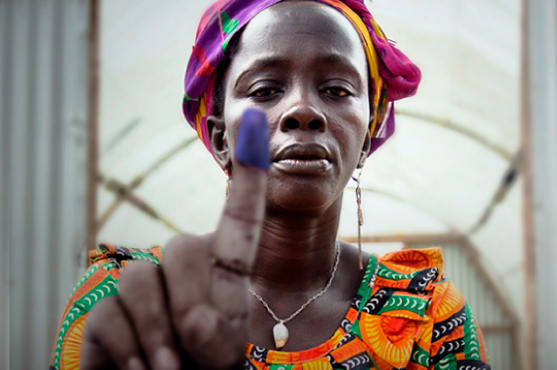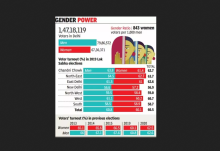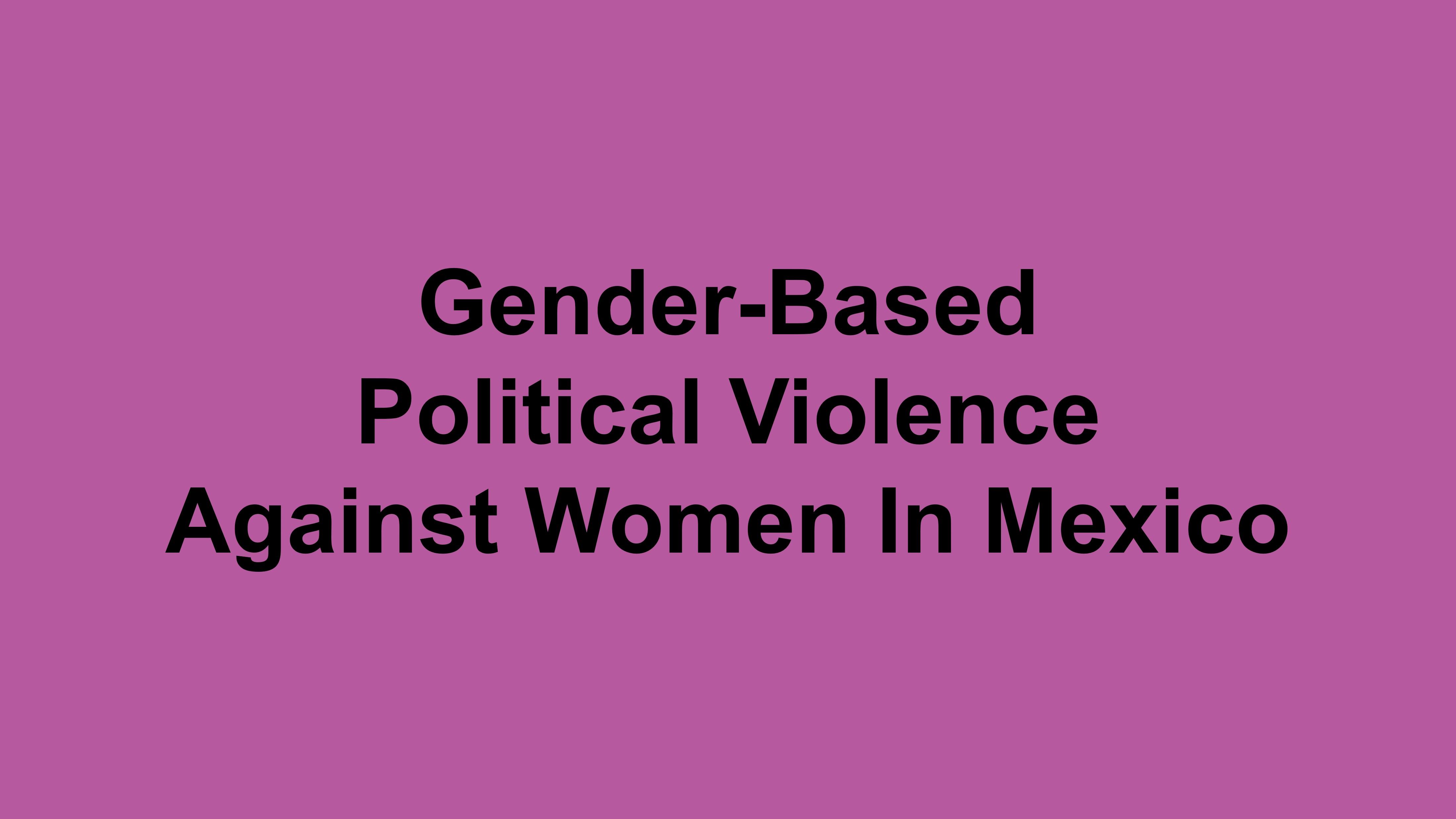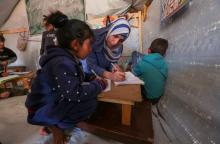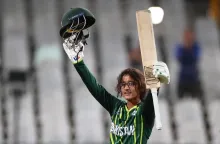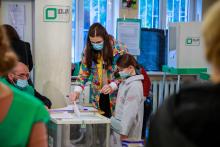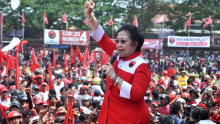Every vote counts: How women are gaining bargaining power in politics
NEW DELHI: With more women participating in voting than ever before and even dominating political discourse within their households, they now find themselves at the forefront of various schemes and policies announced by political parties ahead of elections.
Aam Aadmi Party govt announced Mahila Samman Yojana in the budget, promising a monthly stipend of Rs 1,000 to women above 18 years of age, and proudly promotes their free travel in public buses.
NEW DELHI: With more women participating in voting than ever before and even dominating political discourse within their households, they now find themselves at the forefront of various schemes and policies announced by political parties ahead of elections.
Aam Aadmi Party govt announced Mahila Samman Yojana in the budget, promising a monthly stipend of Rs 1,000 to women above 18 years of age, and proudly promotes their free travel in public buses.
